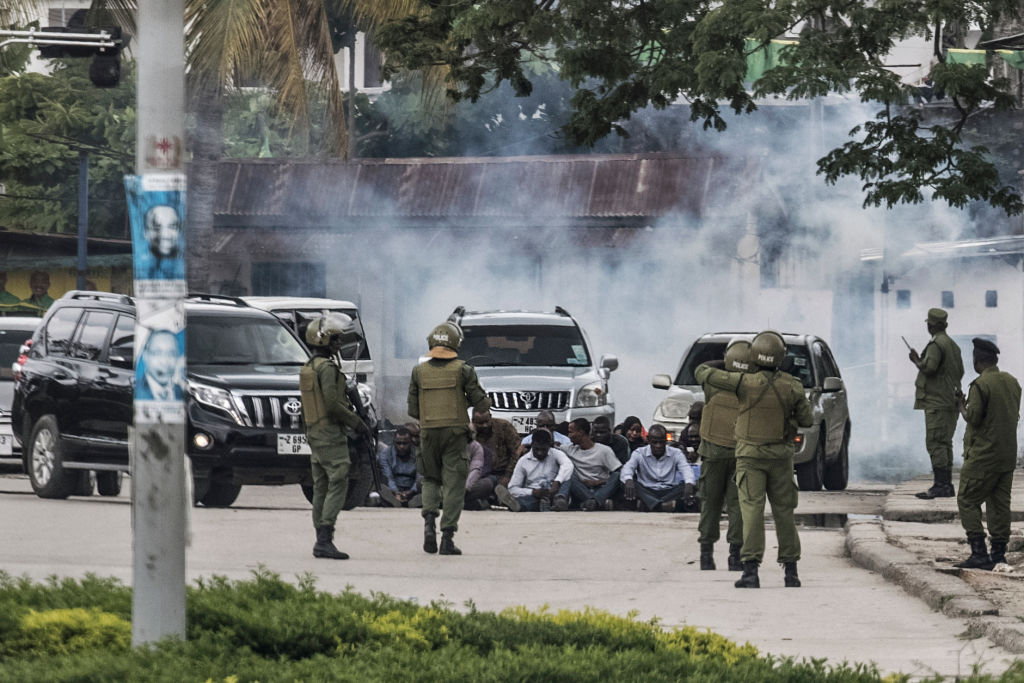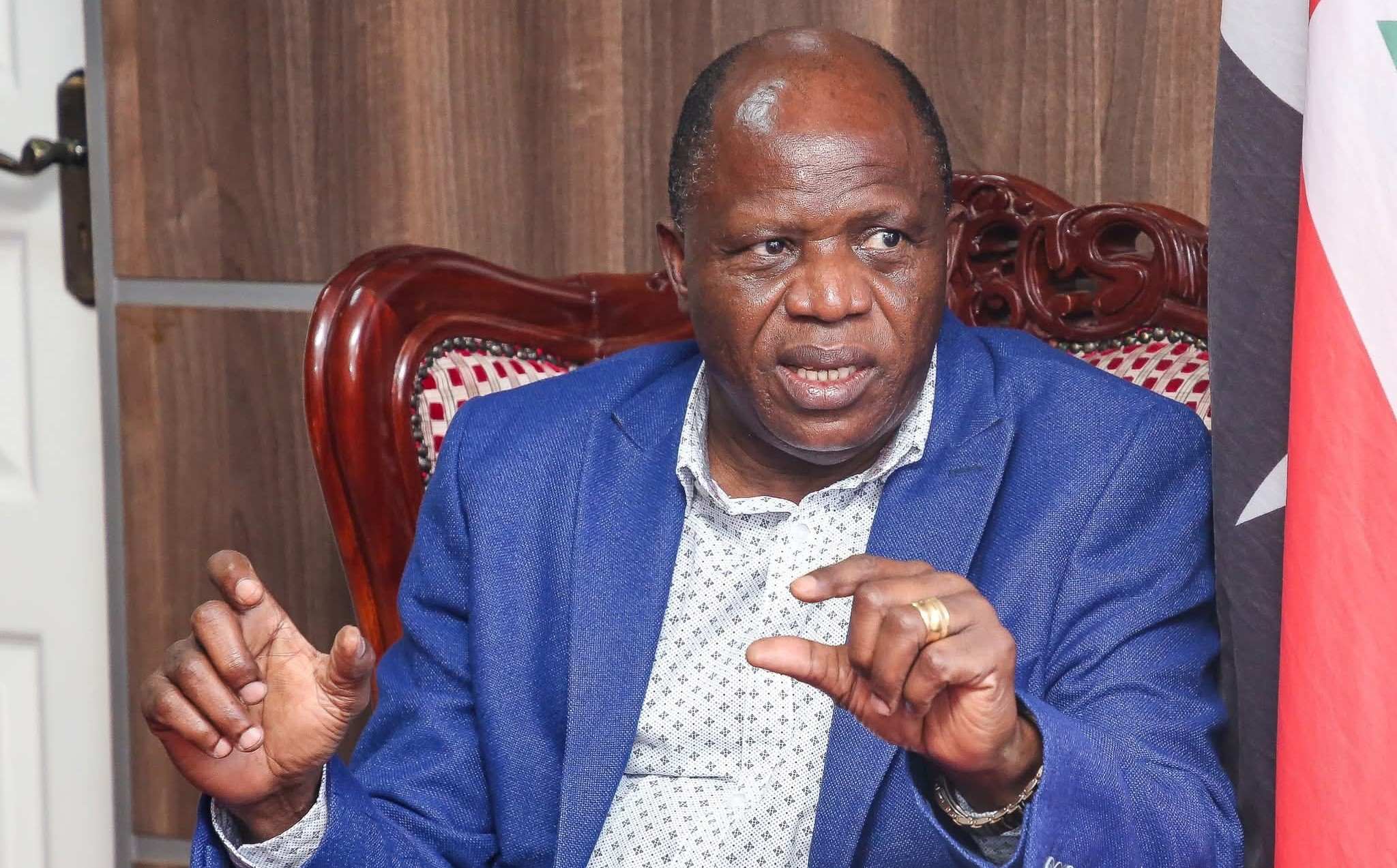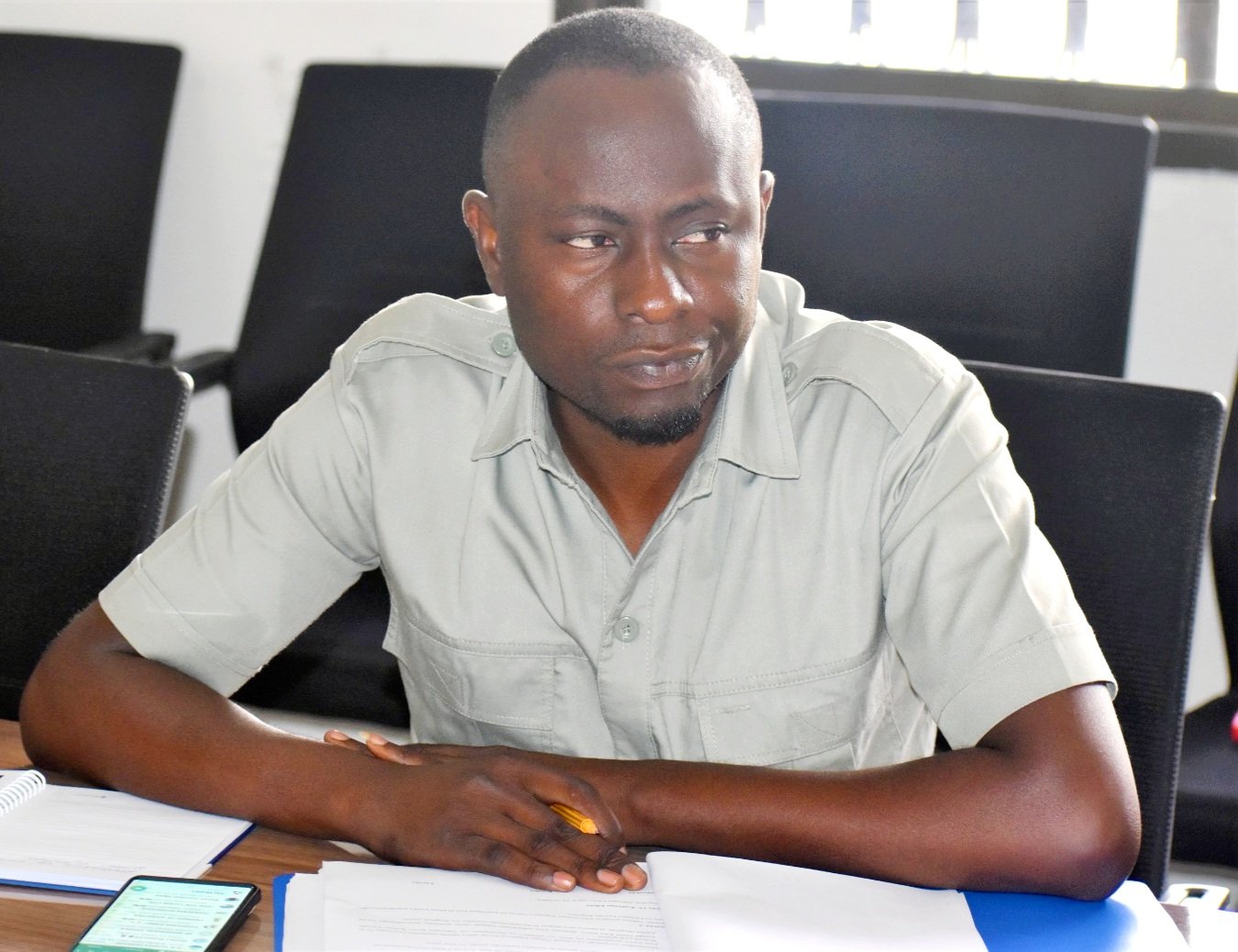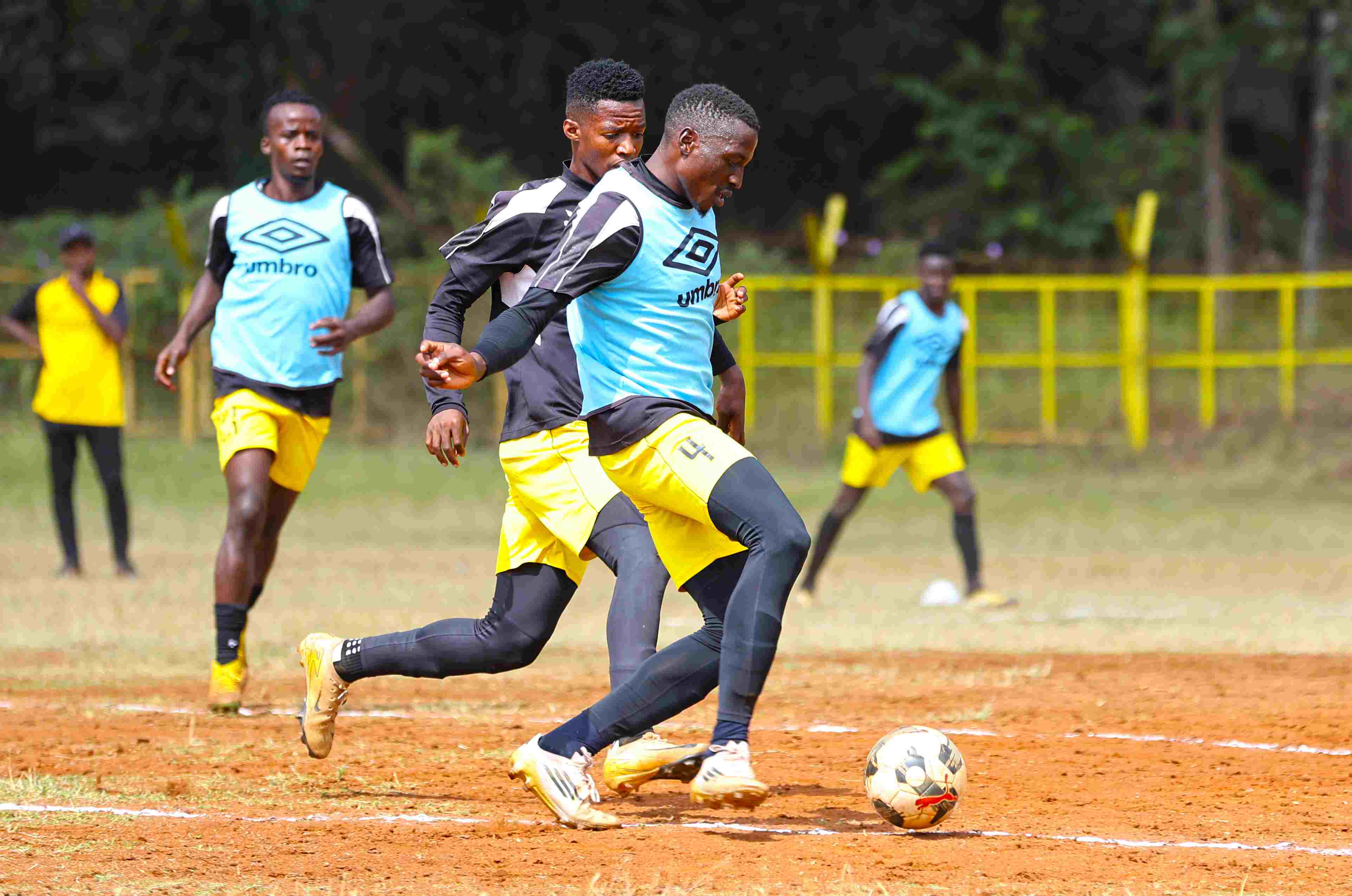Dar es Salaam under night curfew after violent election protests

Dar es Salaam Special Zone Police Commander Jumanne Muliro announced that the curfew would take effect from 6:00 pm East Africa Time (EAT), warning residents to remain indoors until further notice.
Tanzanian authorities have imposed a curfew in the commercial capital, Dar es Salaam, after violent protests erupted across the city during a tense general election that saw opposition leaders barred from participating and several citizens injured in confrontations with security forces.
Dar es Salaam Special Zone Police Commander Jumanne Muliro announced that the curfew would take effect from 6:00 pm East Africa Time (EAT), warning residents to remain indoors until further notice.
More To Read
- Chadema demands transitional government, new constitution in Tanzania, calls October polls ‘illegal'
- Tanzania police issue fresh warning against nationwide demonstrations
- Tanzania streets deserted as police and soldiers quash Independence Day protests
- Security beefed up in major Tanzania cities amid Independence Day protest fears
- High Commission issues advisory to Kenyans in Tanzania amid December 9 protest fears
- Sweden to phase out bilateral cooperation with Tanzania by August 2026
“The police force, following the situation, announces to all residents of the city of Dar es Salaam that from today, October 29, 2025, from 6:00 pm, they should stay in their homes,” Muliro said.
He made the announcement as reports emerged of youths attempting to stage protests in the Kimara Kibo area before police swiftly dispersed them. Security vehicles were later seen patrolling major routes such as the Morogoro Road highway, maintaining tight surveillance.
Dar es Salaam Regional Commissioner Alfred Chalamila echoed the directive, cautioning that authorities would not tolerate any actions aimed at destabilising the country.
“Even if you see there is propaganda of any kind on social media about any area of the Dar es Salaam region, know the power that will be used to control the matter is seven times more than the force applied for planning it,” he warned.
Chalamila also appealed to citizens to uphold peace and trust government institutions, describing national stability as the “foundation of Tanzania’s existence.”
“Our nation’s culture is peace. If we destroy it, we will have lost the foundation of our existence as a nation. I have travelled to different places to tell young people to come forward to exercise their right to vote, but let them do so peacefully,” he said.
He urged residents to continue cooperating with the government to safeguard Dar es Salaam’s image as a hub of stability, development and unity.
The election day was marked by violent demonstrations after opposition supporters took to the streets to denounce what they termed a “one-sided election.” Protesters demanded electoral reforms following the detention of opposition leader Tundu Lissu, forcing his party, CHADEMA, to boycott the vote.
“We are tired… We want an independent electoral commission so that every Tanzanian can choose the leader they want,” one protester told the BBC.
Videos circulating on social media showed groups of young people chanting “We want our country!” as columns of smoke rose from burning structures in Dar es Salaam and Arusha. Witnesses reported vandalism at bus terminals and government offices, as well as fires lit along major roads.
The BBC and internet monitoring group NetBlocks reported a nationwide internet blackout that cut off access to social media platforms and online communication during the voting exercise.
“Nationwide disruption to internet connectivity has been observed,” NetBlocks confirmed in a statement on X.
Security forces fired tear gas and dispersed crowds in several neighbourhoods, with witnesses reporting multiple injuries. The protests coincided with the disqualification of leading opposition candidates Tundu Lissu (CHADEMA) and Luhaga Mpina (ACT-Wazalendo), leaving President Samia Suluhu Hassan and her Chama Cha Mapinduzi (CCM) party with little competition.
The US Embassy in Tanzania issued a security advisory warning American citizens to remain indoors as protests spread across major cities.
“There are reports of demonstrations in multiple locations. US government personnel are advised to shelter in place,” the embassy said.
The advisory also urged foreigners to avoid large gatherings, stay vigilant and register under the Smart Traveller Enrollment Programme (STEP) for real-time safety alerts.
Despite over 37 million registered voters across more than 99,000 polling stations, turnout was visibly low as citizens stayed away amid fears of violence.
The Independent National Electoral Commission (INEC) said polls opened at 7:00 local time and closed at 4:00 pm, with final results expected within 72 hours.
President Samia Suluhu Hassan, who came to power in 2021 following the death of her predecessor John Magufuli, cast her vote in the administrative capital Dodoma, urging Tanzanians to exercise their democratic right.
“I urge all Tanzanians, those who are still at home, to come out and exercise their right and vote and choose their preferred leaders,” she said.
Hassan’s administration has been accused by opposition groups and rights activists of repressing dissent and orchestrating abductions of government critics, allegations the government denies.
She has previously said she ordered an investigation into the alleged abductions, though no official findings have been released.
The election also saw citizens voting for members of the 400-seat parliament and representatives in the semi-autonomous Zanzibar archipelago.
As night fell, tension remained high in Dar es Salaam, with police warning of “decisive force” against anyone defying curfew orders.
Top Stories Today














































